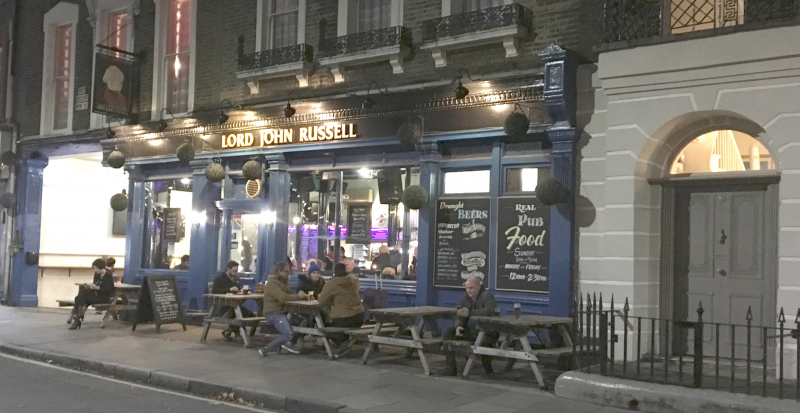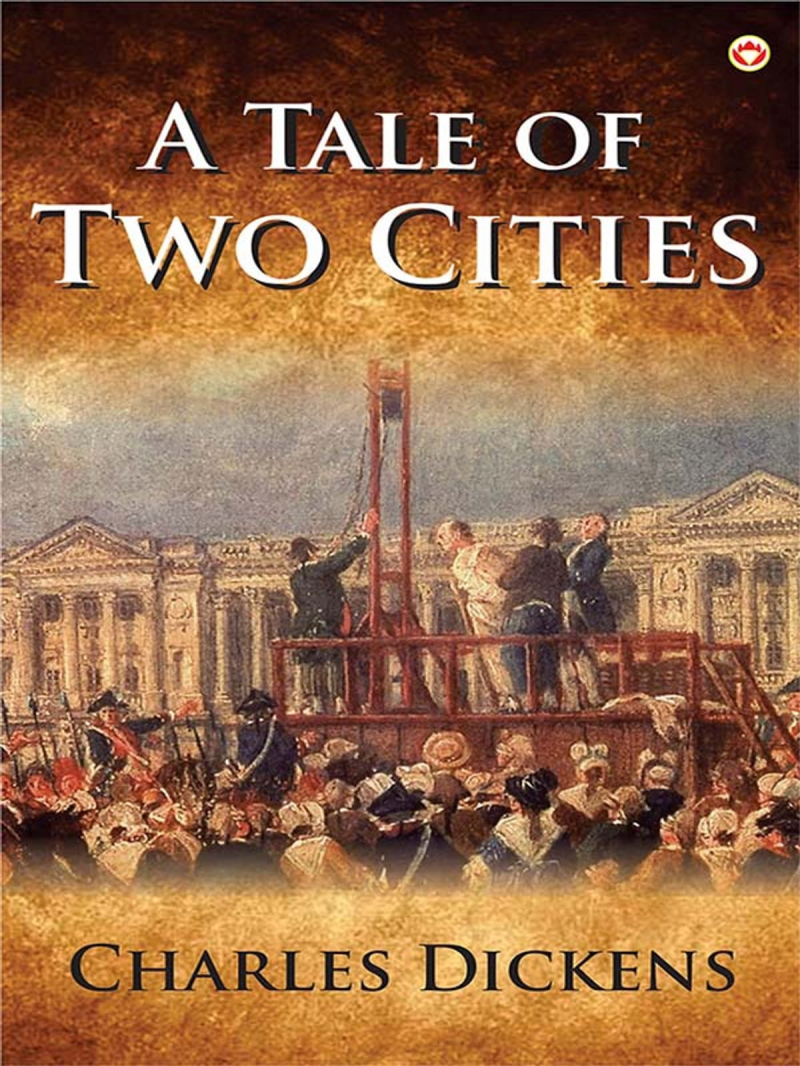Queen Victoria's attitude and the people after his death
He was a descendant of one of the most powerful aristocratic families. But Russell was a key reformer who reduced the influence of the aristocracy. According to A. J. P. Taylor, his enormous accomplishments were the result of his tenacious struggles in Parliament throughout the years in favor of the growth of liberty; after each defeat, he fought again and again until eventually, his efforts were mainly successful. However, E. L. Woodward contended that he was over an abstract theorist: "He was more interested in removing restrictions on civil liberties than he was in establishing a more sensible and humane society. His political philosophy was centered on the 1688 Revolution and the group of aristocratic families to whom the nation owed allegiance in exchange for something like the chart octroyée of the reform law." — Woodward in 1962.
He was the final real Whig to hold the office of Prime Minister, former Peelite William Gladstone followed him as head of the Liberal Party. Russell's participation in the Aberdeen government affected Queen Victoria's opinion of him at the time of his death in 1878. He was described in her journal as "a man of many talents, who leaves a name behind him, kind, and good, with a great knowledge of the constitution, who behaved very well, on many trying occasions; but he was impulsive, very selfish, and often reckless and imprudent."
Besides, John Russell was the recipient of a special dedication in Charles Dickens' book A Tale of Two Cities: "in commemoration of numerous public deeds and individual kindnesses." In a public address, he also expressed his admiration for Russell, thanking him for his public service as well as "in his private capacity," which implies that they were close friends. Last but not least, Russell is the name of a public house on Marchmont Street in Bloomsbury, which is still largely under the control of the Bedford Estate.












